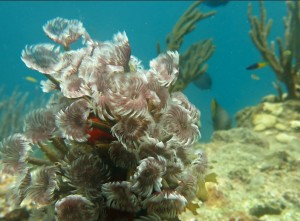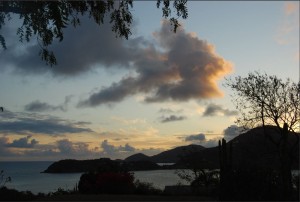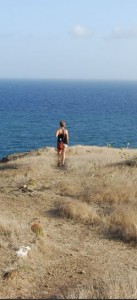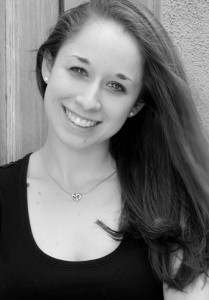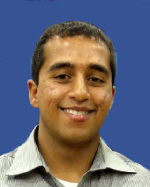This is the next in a series of posts by recipients of the Career Services Summer Funding grant. We’ve asked funding recipients to reflect on their summer experiences and talk about the industries in which they’ve been spending the summer. You can read the entire series here.
This entry is by Yani Liang, Penn Design MCP ’17
Since I came to Penn, my career goal has been clear: to become a qualified transportation planner, capable of balancing public equity and policy orientation, to develop plans that will contribute to the sustainable development of public transit after graduation. The summer internship I found is the Subway Performance Support Aide in Metropolitan Transportation Authority (MTA) in New York City, which operates the busiest and largest transit system in North America. Before the internship began, I expected it as my first and most important step to my future career. Now, I have been interning in MTA for almost 2 months, I found that my expectation is definitely right. The intern perfectly aligns with my career goal.
The Department of Subways (DOS) is the sub-division of NYCT. Under DOS, there are several subdivisions as well. I worked in Performance Analysis Unit (PAU) under the department of Subways of Finance. I have been assisting in building a performance database for subways. I am also participating in the projects of analyzing recent and long-term changes in service performance of subways, especially through the quantification of the impact of delays causes.
I learned a lot and found that there are several things I could do to be successful during the internship. Firstly, the most important thing is know what you know, and set up reasonable goals to help you work on the right track. I have established three main goals with my supervisor which will ensure that I am able to apply what I have learned in school to the real world problems and gain valuable working experience. The three main goals go along with corresponding tasks that help me achieve the goals and also make contributions to PAU. I have routine tasks to do every day and I must pay great attention to details. I also have some projects that would come up as surprises. I think they are challenges to me and I am excited to take them.
Secondly, being professional is of great significance working in a technique oriented department. We are required to know concepts of the subway system well because all of the analysis we are doing is based on the mechanism behind the tracks and trains. Only if I got an intimate knowledge of all the subway stuff, can I really establish a more accurate hypothesis and methods to conduct the analysis. I have learned a lot during my internship that I would have never learned in school. This new knowledge contains detailed aspects which greatly broadened my view of the transportation industry.
Thirdly, since large companies would often provide some education opportunities, I also think it is important to grasp those opportunities and keep ourselves at the cutting edge in the field. The HR division often provides opportunities for people to get involved in conferences, meetings, and tours that will help them get improved. However, most of the opportunities are not mandatory, so employees are able to choose to attend or not according to the schedule. It is flexible but it also means that initiative is required. Basically, my fellow professionals have their own plan for further career development. So everyone needs to be clear of what to do and what needs to be improved in their own career plan.
The advantages of the internship are not limited by the academic scope. It is also my first step to explore what kind of personalities a good transportation planner should have, how transportation department is organized, its daily operations, and how planners make significant influences on the development of public transits. In addition, I am building a good relationship with my colleagues, who are the professional planners in the transportation field. Beyond learning advanced technique skills, I am also going to develop my collaborative ability, decision making and problem solving skills.
Finally, I would like to appreciate the great help received from Career Services. I will continue to work hard during my internship and enjoy the summer in the New York City.


